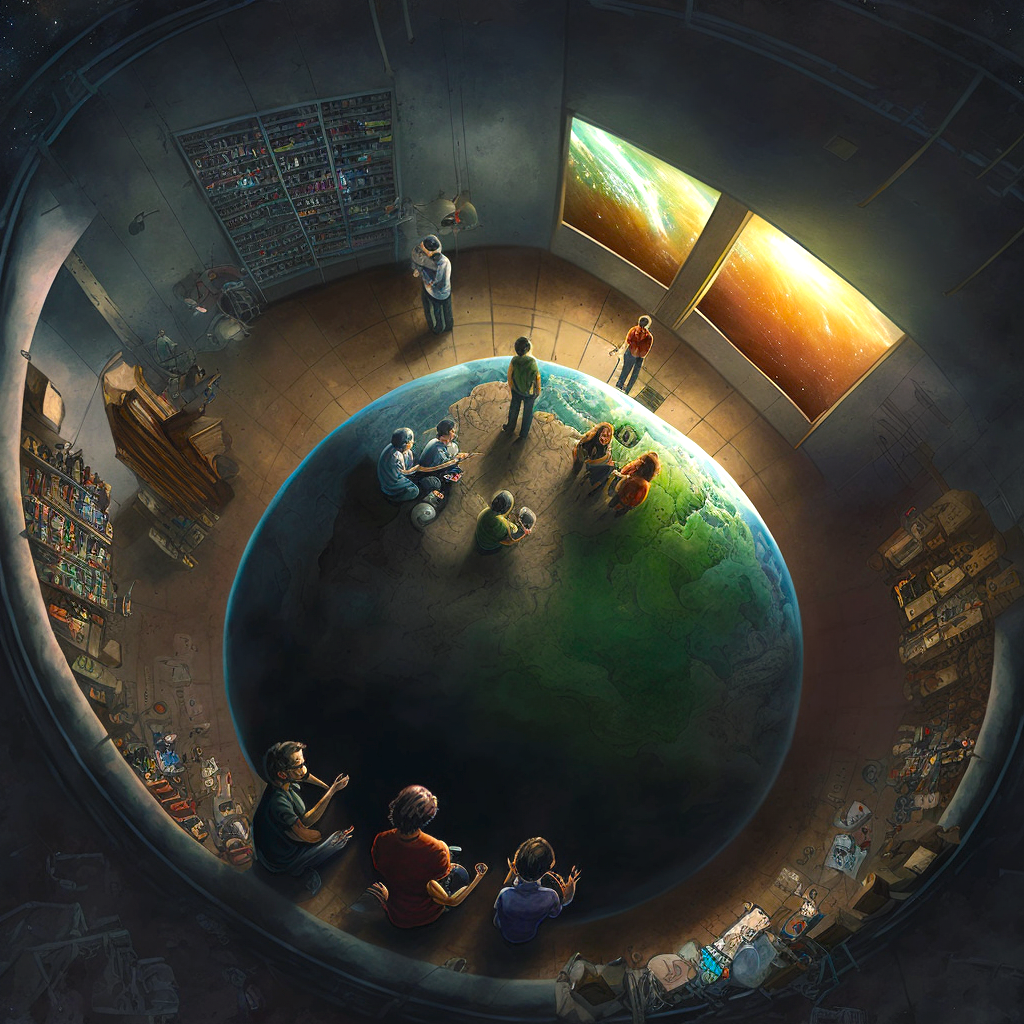Confronting the privilege and systemic racism in the geosciences brought necessary change to the initial scope of the Critical Zone Collaborative Network’s Big Data Cluster’s work developing K-12 science education materials, a new paper accepted by Earth’s Future reports.
New Paper Describes Building Trust at the Heart of Critical Zone Collaborative Efforts
Posted: March 2, 2026

In Equity, Diversity, and Community as the Basis for Critical Zone Science and Education, the authors describe, from multiple perspectives, how conversations between faculty members at Jackson State University (JSU), a historically black college or university (HBCU), and the University of Vermont (UVM), a primarily white institution (PWI), began and covers these key points:
To address low “racial” and ethnic diversity in critical zone science, we must center diversity, equity, and community at the outset of work
This work requires intentional and continuous learning and flexibility
Team science practices and tools can help put these values in practice and offer support when (not if) we fall short
“Invitations from PWIs have long been met with skepticism and suspicion”, Dr. Deidre Wheaton, associate professor in the Department of Social and Cultural Studies at JSU writes, because “in the past such collaborations have been primarily for the purpose of checking off a diversity box on a grant funding application with very little intention of doing the work”. When first invited to join the project, the JSU team prompted new discussions with Vermont team members that “reinforced” efforts to truly collaborate on developing place-based, culturally relevant Critical Zone education materials for elementary school students.
The Vermont team describes how these efforts highlighted their varied levels of awareness of ways identity shows up in all aspects of scientific research and education programs. When Dr. Leon Walls, a critical race theorist at UVM joined the group, conversations made it clear that the UVM team had not centered the context of historic racism in the development of the project. This new understanding redefined not only the expected end result, but the whole approach to developing useful classroom materials for elementary students.
Supported by team science, the HBCU/PWI partnership was strengthened by dedication to relationship and trust building. Together the collaborators co-developed culturally relevant and inquiry-based STEM teacher education that was implemented in 2021.
The Critical Zone Collaborative Network Big Data Cluster is one of nine clusters funded by the National Science Foundation for a 5-year, multidisciplinary project dedicated to increasing the understanding of the complex systems at work on the Earth’s surface which support all life on the planet.

 Big Data
Big Data